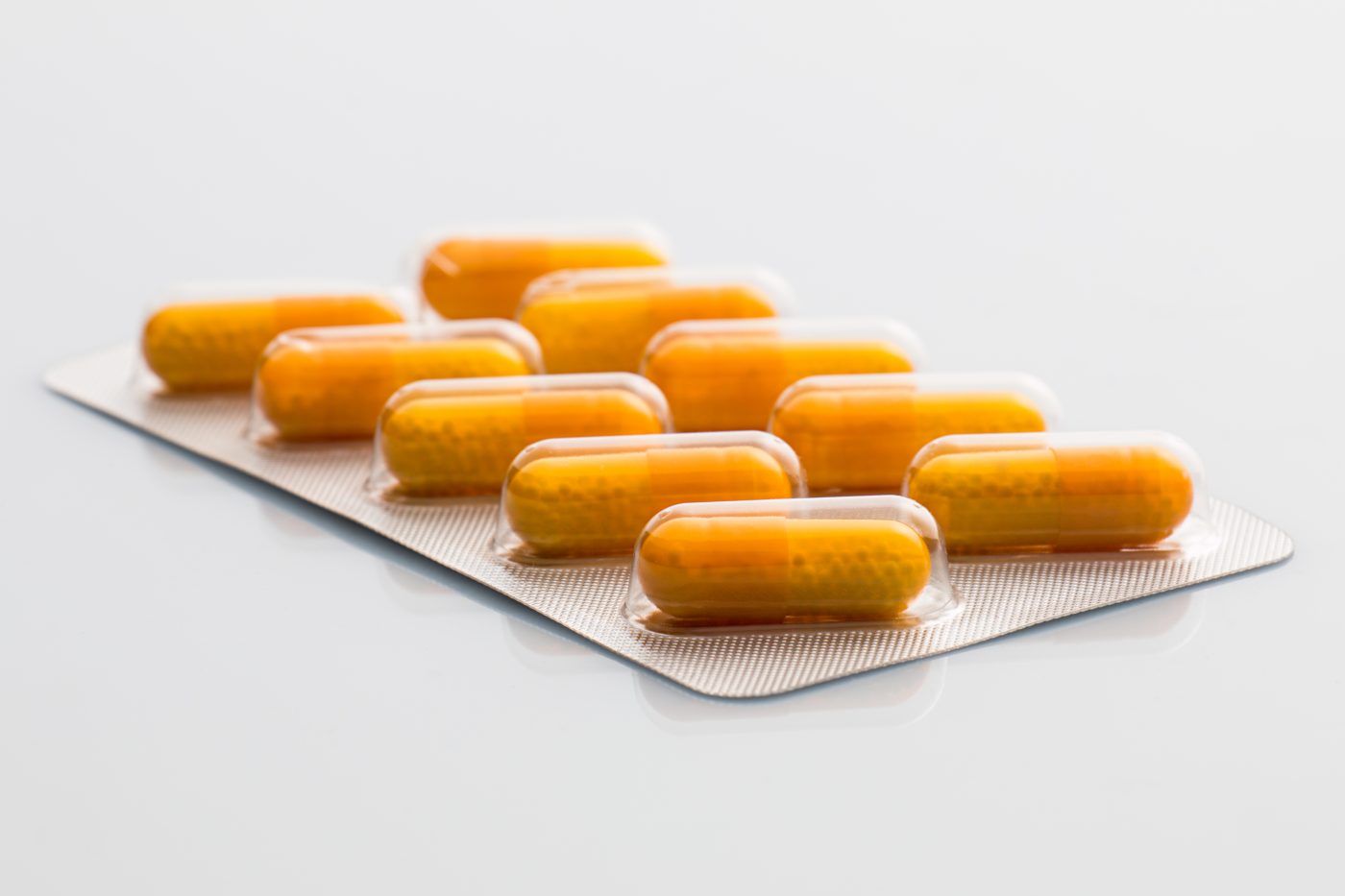Akashi Therapeutics Announces Positive Results of HT-100 for Duchenne Muscular Dystrophy
Written by |

Akashi Therapeutics Inc. a biopharmaceutical company focused on developing treatments for patients with Duchenne muscular dystrophy (DMD) recently announced encouraging interim results of its ongoing Phase 1b/2a clinical trial of HT-100 (delayed-release halofuginone) an orally available small molecule to reduce inflammation and fibrosis while promoting the regeneration of healthy muscle fibers in boys with DMD.
HT-100 has been granted orphan designation for DMD in both the United States and the European Union, and fast track designation in the United States
Results showed significant differences in muscle strength in comparison to a matched control group. The results also determined a favourable safety profile for HT-100.
Specifically, the results of the interim analysis showed that:
- Patients with DMD who participated in the study for a period of 18 to 22 months and received at least 6 months of the same drug dose, achieved an average muscle strength of 22.3%, a higher result when compared with the control group who received steroid-treatment.
- Compared to baseline, the average increase in muscle strength of the treatment period (18 to 22 months) was of 11,7%.
- These results refer to the study’s 2 lowest dose patient groups (mean age 10.4). All the participants are on a stable corticosteroid dosing
- The drug was found to be well-tolerated, and there were no major adverse events observed. In terms of safety, the results reflect a cumulative 10.5 years of dosing. From all patients 6 were dosed for a period of 12 to 13 months and 10 were treated with continuous dosing for 9 to 10 months.
“We are excited by these interim Phase 1b/2a clinical data for HT-100 a powerful anti-inflammatory and anti-fibrotic which further demonstrate its potential in the treatment of DMD” said in a recent press release Marc B. Blaustein CEO of Akashi Therapeutics. “As a group the boys in this study showed an increase in muscle strength over their baseline and a statistically significant increase relative to a comparable external control cohort and we look forward to further evaluating and reporting on the progress of HT-100 as a promising treatment option for all boys with DMD as the study continues.”





